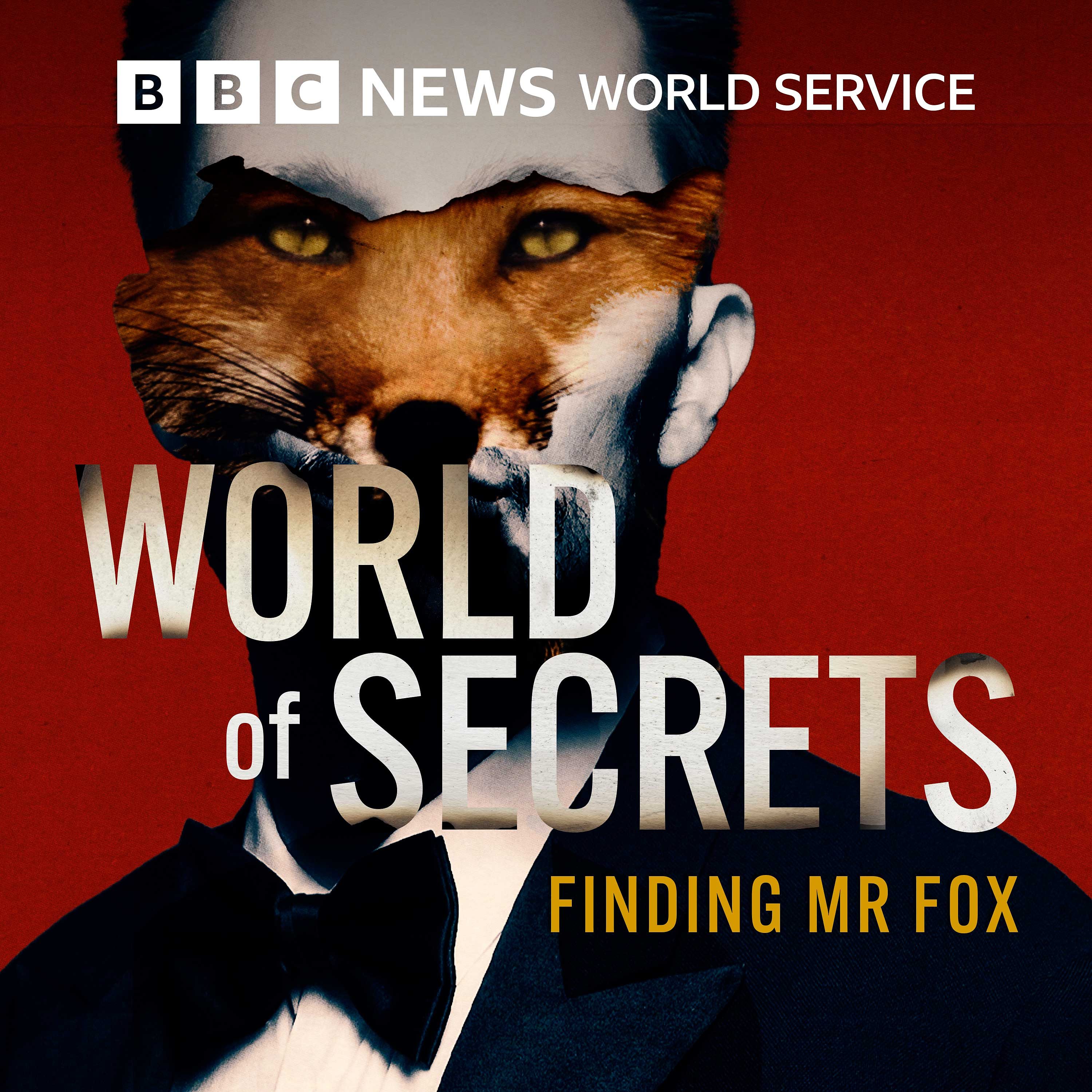
Key Insights
Why is Cape Verde known as a 'motorway service station' for cocaine cartels?
Cape Verde lies at one end of the shortest sailing route from Latin America to Africa, known as Highway 10, making it a strategic stop for smugglers to refuel or swap boats before continuing to Europe.
What challenges do Cape Verdean police face in patrolling their waters?
With a collection of 10 islands and extensive coastline, the police must monitor a vast area for drug trafficking, often intercepting boats with suspicious activities.
How do drug traffickers use Cape Verde's geography to their advantage?
Traffickers study tides and currents, sometimes strapping GPS trackers to drug packages to recover them later, avoiding arrest while ensuring their cargo reaches its destination.
What was the living condition like for Daniel and Rodrigo in Cape Verde's prison?
Initially in solitary confinement in small cells with no sunlight, they later shared larger cells with up to 15 people, facing harsh conditions including limited food and infestations.
Why did Rodrigo and Steve not face immediate arrest with Daniel and the French captain?
Rodrigo and Steve were not on the boat during the raid, allowing them to return to their lodgings, though they faced restrictions such as weekly police check-ins and a ban on leaving Cape Verde.
What was the outcome of the trial for Daniel and Rodrigo?
Despite their insistence of innocence, the judge found all four sailors guilty of international drug trafficking, sentencing each to 10 years in prison.
Why is the absence of the main suspect, Fox, a significant issue in the case?
Fox, the British man who owned the yacht and employed the sailors, was never called to testify or pursued by the Cape Verde justice system, leaving a critical gap in the case against the sailors.
Chapters
- Highway 10 is a nickname for the 10th parallel, the shortest route across the Atlantic from South America to Africa.
- Cape Verde is a crucial stop for smugglers to refuel or swap boats before continuing to Europe.
- Police find 200 kilos of cocaine on a suspicious sailing boat, highlighting the ongoing battle against drug trafficking.
Shownotes Transcript
The sailors are imprisoned in a country known as a “motorway service station” for cocaine cartels. Among certain police forces and crime agencies, the shortest sailing route from Latin America to Africa is known as drug traffickers’ Highway 10. Cape Verde lies at one end of it.
The West African nation is used as a handy stop off point for smugglers to refuel or swap boats ahead of their journey on to Europe. For Daniel and Rodrigo though, it was somewhere to enjoy the beaches and the surf. But they can’t do that now they’re locked up in jail.
Colin and Yemesi learn more about the wider destructive impact of drug dealing and the international narcotics market, boarding a police boat as local cops patrol the ocean.
